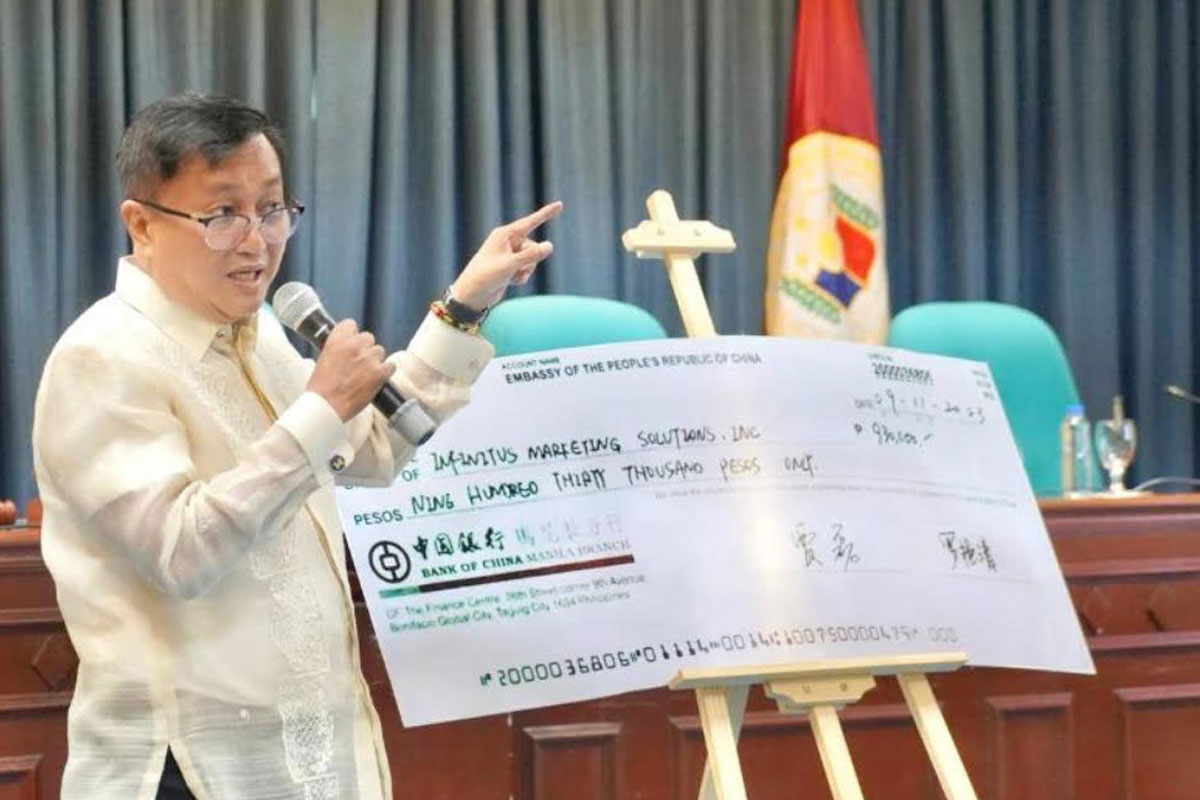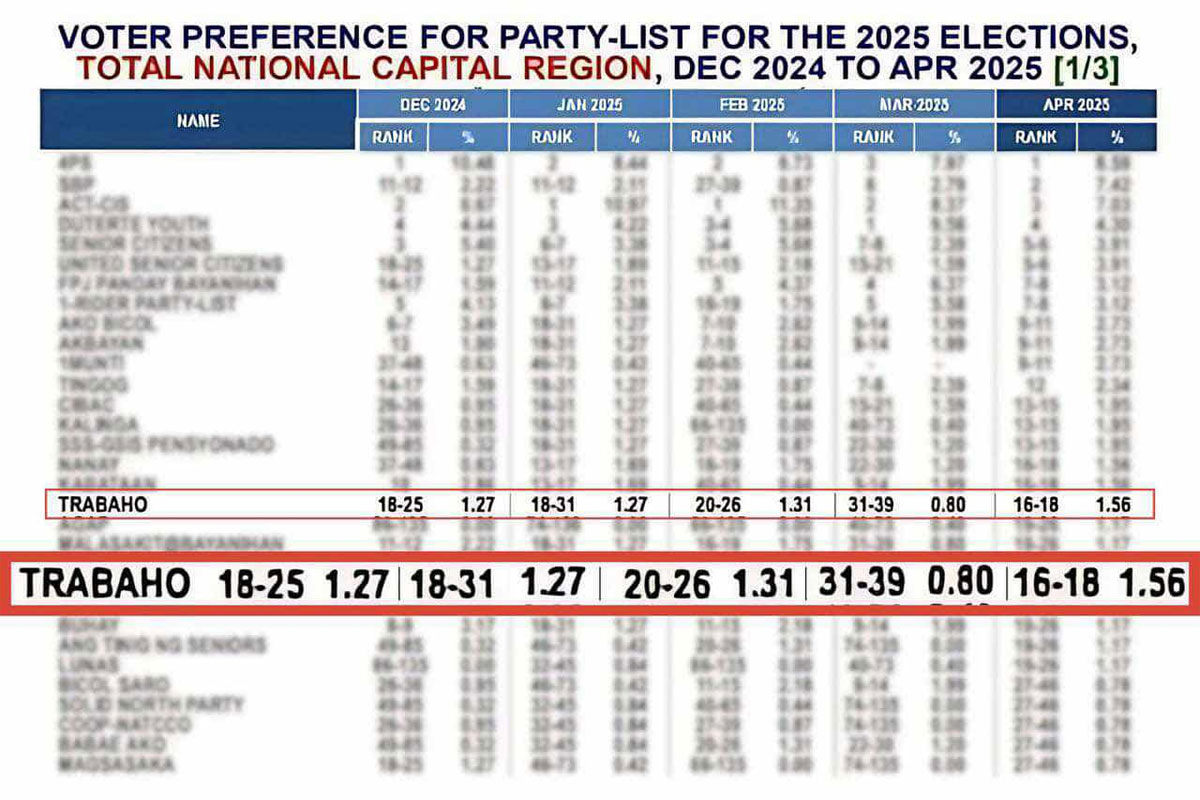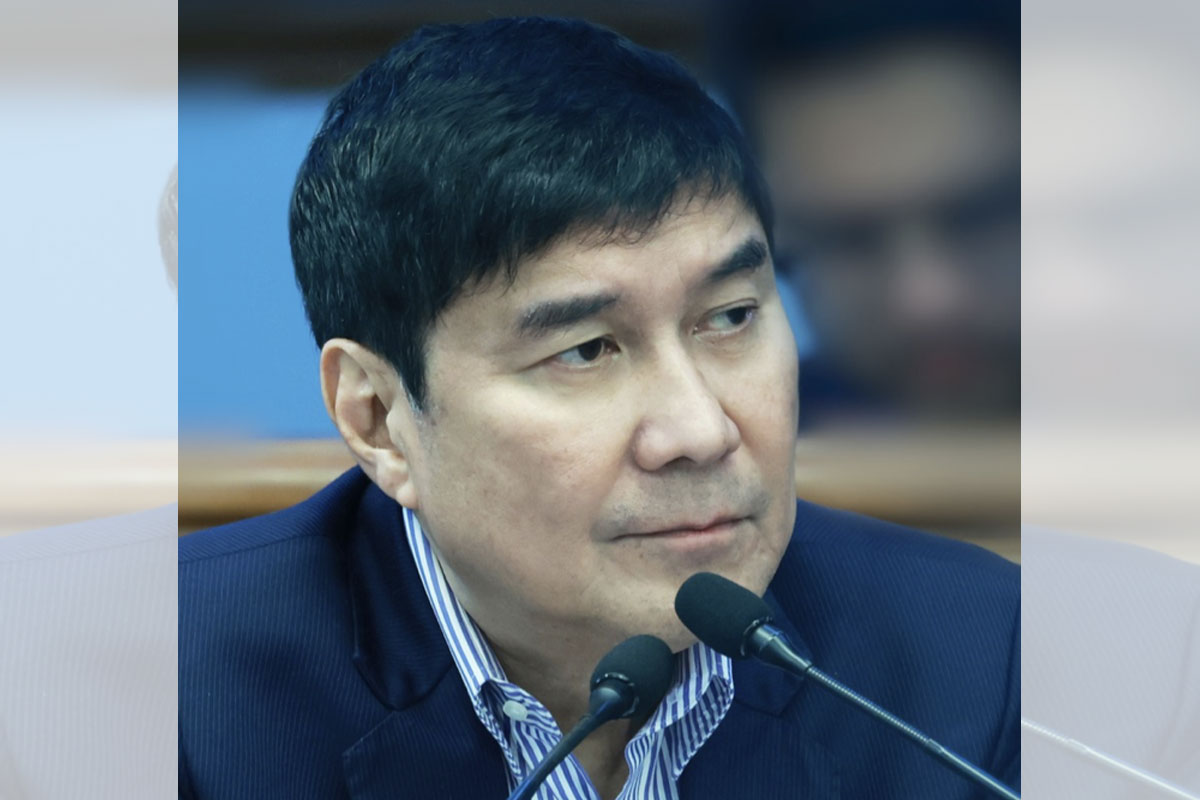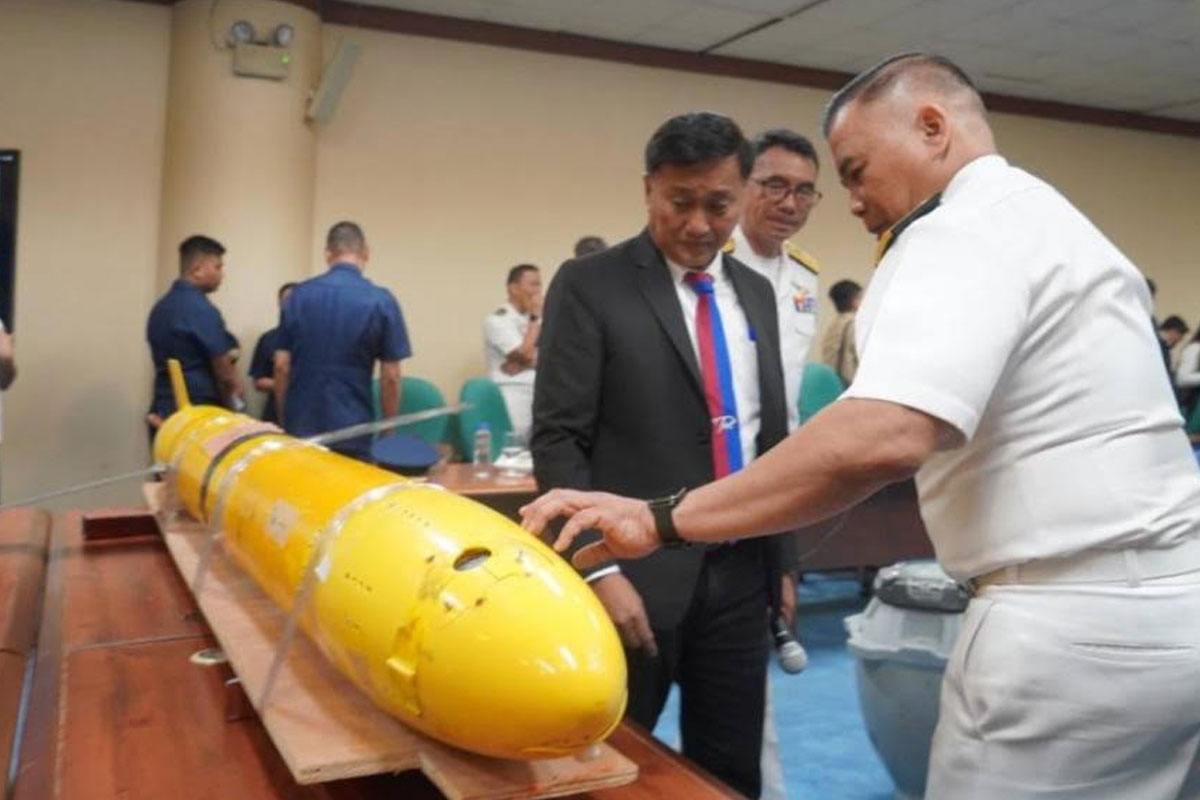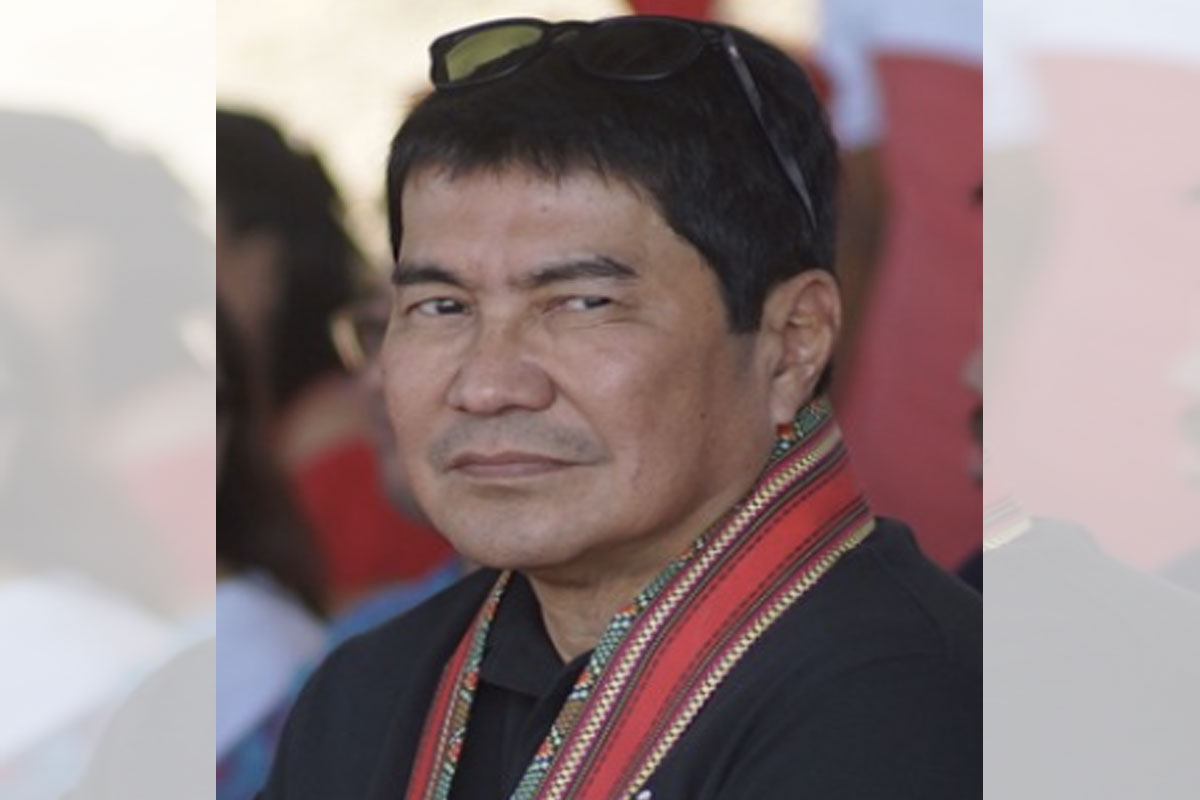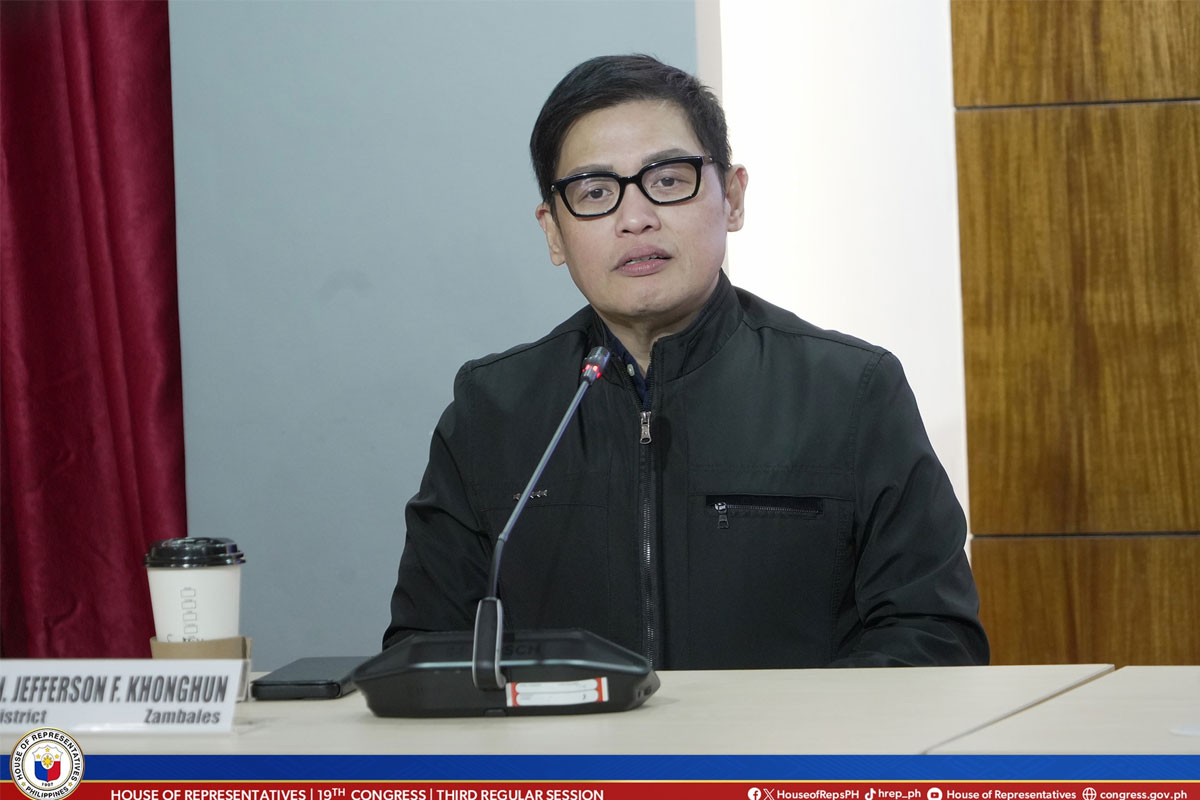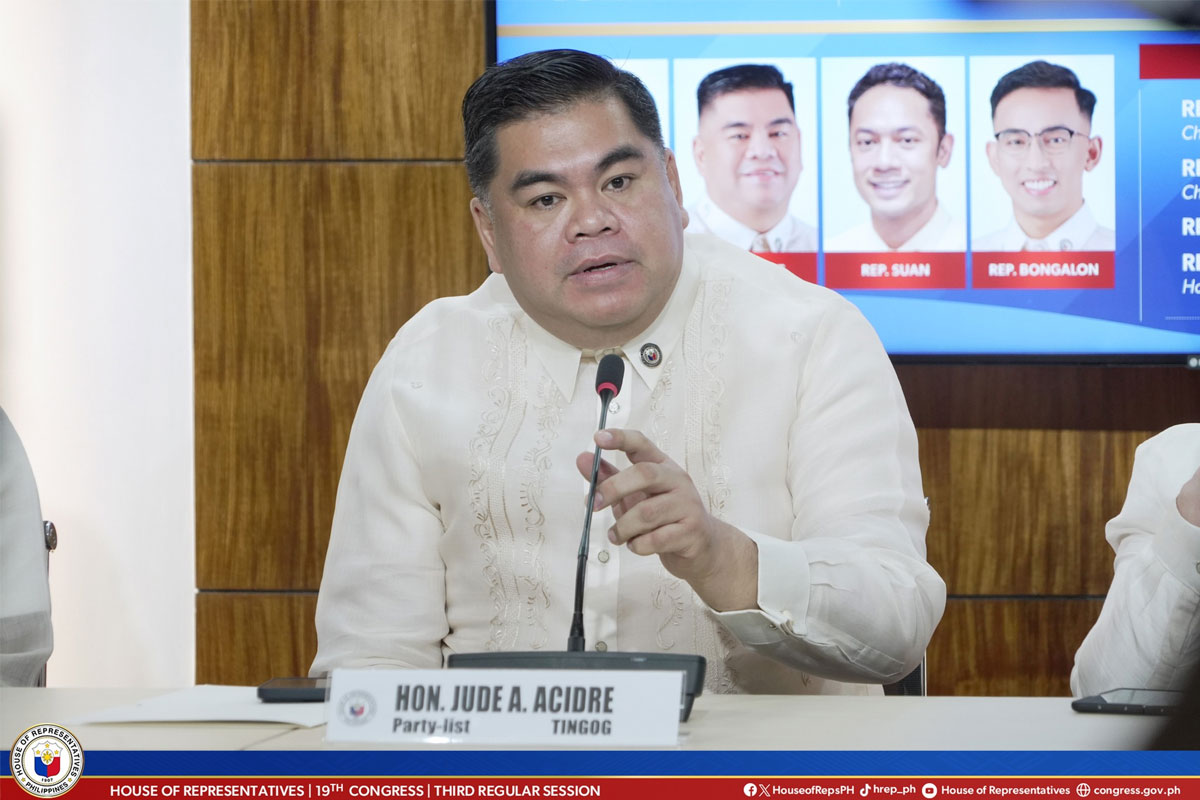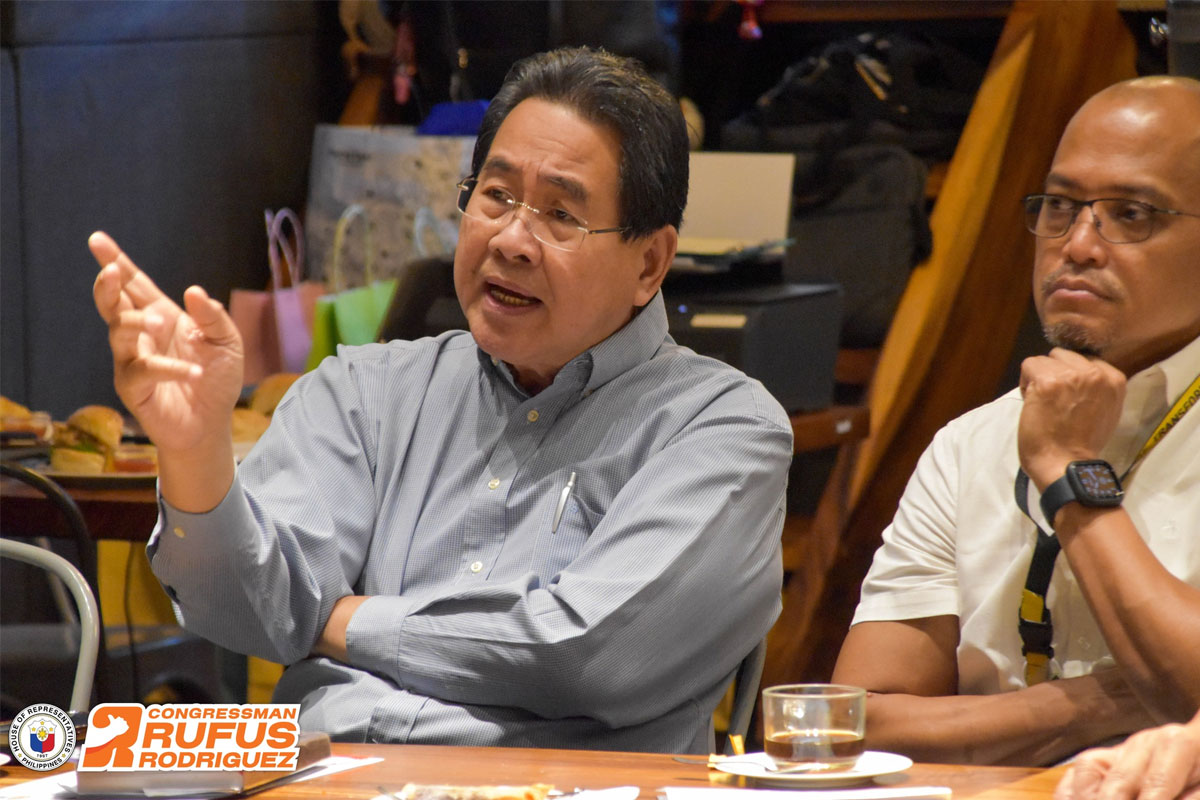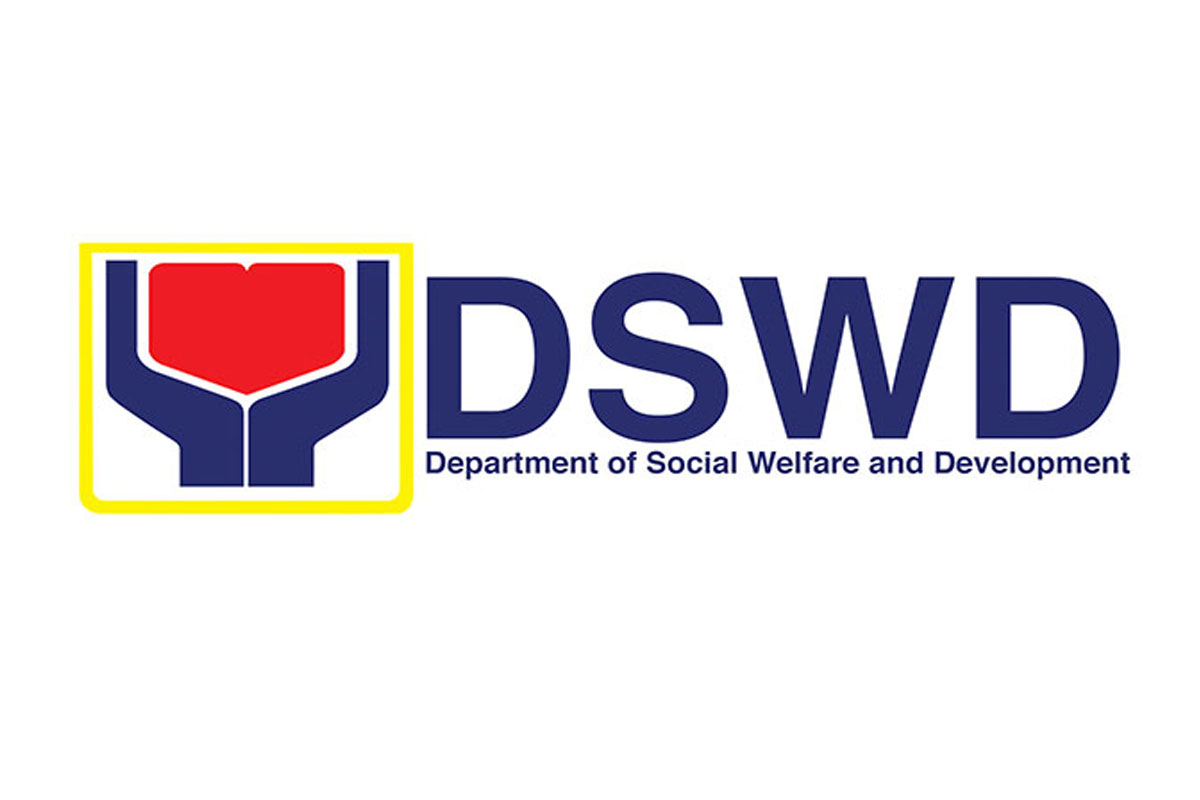
DSWD highlights digital financial assistance program
THE Department of Social Welfare and Development (DSWD) highlighted its ongoing efforts to establish a robust digital payment infrastructure that promotes the financial inclusion of beneficiaries in the Asia-Pacific Social Protection (APSP).
In a panel discussion about digital payment, DSWD Chief information officer (CIO) Assistant Secretary Julius Gorospe underscored the importance of inclusive digital financial services alongside digital and financial literacy for impoverished and vulnerable communities.
Responding to queries on how the DSWD provides necessary support and education to beneficiaries for making informed decisions on access methods, the CIO cited the role of financial literacy in the regular conduct of the Family Development Sessions (FDS) of the Pantawid Pamilyang Pilipino Program (4Ps).
Gorospe also shared DSWD’s digitalization strategy, particularly the Government-to-Person (G2P) and Digital Public Infrastructure (DPI) initiatives, which are priority projects initiated by DSWD Secretary Rex Gatchalian in line with President Ferdinand R. Marcos Jr.’s program for digitalization.
“By sharing its strategies and learning from other regional stakeholders, the DSWD continues to refine its digital payment infrastructure to serve the beneficiaries better and contribute to the broader goal of financial inclusion and empowerment in the Philippines,” Asst. Sec. Gorospe pointed out.
The plenary discussion was part of the celebration of APSP week this year which aimed to serve as a platform for dialogue and knowledge sharing among social protection stakeholders across the Asia-Pacific region.
Among the challenges identified in the region during the discussions are limited access to financial services, lack of digital infrastructure, and insufficient interoperability between relevant systems.
The three-day APSP 2023, hosted by the ADB’s Human and Social Development Sector Office brought together more than 300 global and country social protection experts and practitioners to discuss the challenges and opportunities related to the role of social protection in post-COVID recovery and response to new and emerging crises, systems strengthening, and resilience building.









